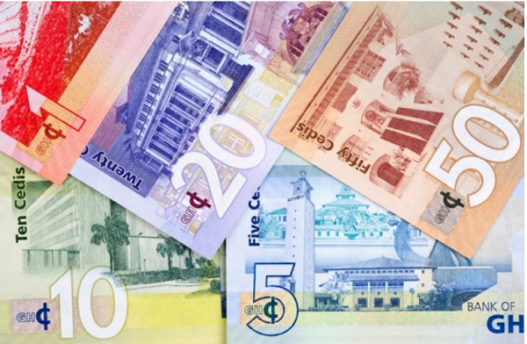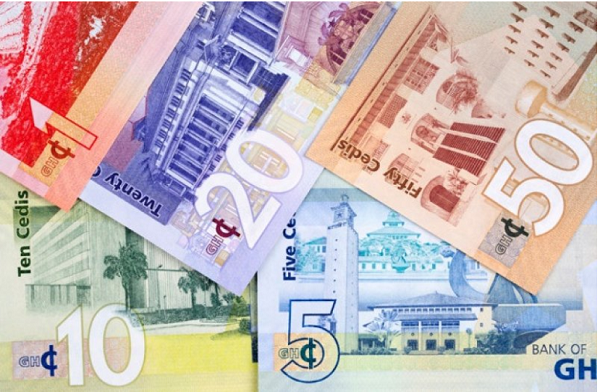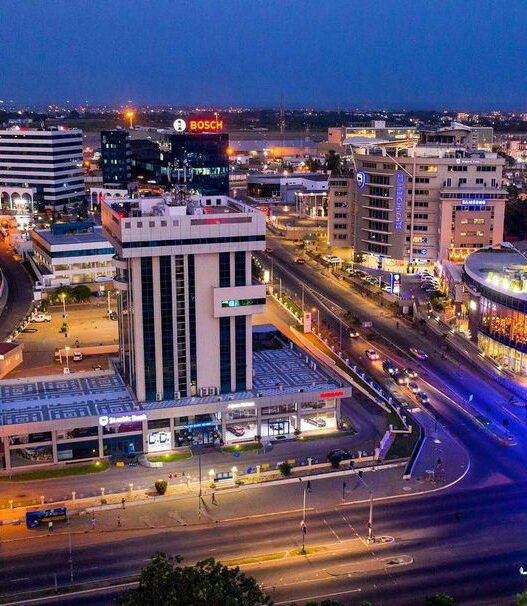The ongoing depreciation of the Ghanaian cedi has emerged as a pressing concern for citizens, particularly as it exacerbates the cost of living crisis across the nation. Over the past year, the cedi has depreciated by approximately 15% against major currencies, including the US dollar and the euro. This significant decline has led to a cascading effect on the prices of everyday goods and services, leaving many families struggling to maintain their standards of living.
Impact on the Cost of Living
As of late 2024, data from the Ghana Statistical Service indicates that the cost of basic goods has surged by an alarming 20% since the beginning of the year. Key food items have been particularly affected. For instance, the price of rice, a staple in many Ghanaian households, has increased by 30%, while the cost of cooking oil has risen by 40%. Bread prices have also seen a sharp increase, reflecting the heightened costs of wheat on the international market, driven largely by global supply chain issues and inflationary pressures.
Food inflation currently stands at 24%, making it increasingly difficult for the average Ghanaian family to meet their dietary needs. Research indicates that approximately 70% of an average household’s income is spent on food. Consequently, many families are forced to make tough decisions, such as cutting back on essential items or seeking alternative, often less nutritious options.
The Economic Context
The depreciation of the cedi is primarily attributed to a combination of factors, including rising inflation rates, increased demand for foreign currency, and a widening trade deficit. According to the Bank of Ghana, inflation in August 2024 reached 26.5%, a sharp rise compared to previous years. This inflation is fueled by external pressures such as increased oil prices and the lingering effects of the COVID-19 pandemic on global supply chains.
Economists have highlighted the need for urgent government interventions to mitigate the impacts of this depreciation. Suggested measures include tightening monetary policy to stabilize the cedi, increasing foreign reserves, and fostering an environment conducive to foreign direct investment. Analysts argue that a stable currency is critical for fostering consumer confidence and ensuring economic growth.
Public Response and Outlook
Public sentiment surrounding the cedi’s depreciation and its ramifications on living costs is increasingly one of concern. Many Ghanaians are calling for transparency and accountability in government financial management. Citizens are voicing their frustrations on various platforms, including social media, as they grapple with the day-to-day realities of rising prices.
In response to these challenges, some civil society organizations are advocating for measures to enhance financial literacy among the population. They emphasize the importance of educating citizens on budgeting, saving, and investment to help families better navigate the economic landscape.
Conclusion
The depreciation of the cedi and the resulting cost of living crisis in Ghana highlight a critical intersection of economic policy and public welfare. As the situation evolves, stakeholders, including government officials, economists, and civil society groups, must collaborate to devise sustainable solutions that will stabilize the economy and protect the livelihoods of citizens.
Without timely and effective interventions, the ongoing economic challenges could further entrench poverty and inequality, undermining the progress made in recent years. The coming months will be pivotal as the nation seeks to address these pressing issues and restore stability to the lives of its people.





















